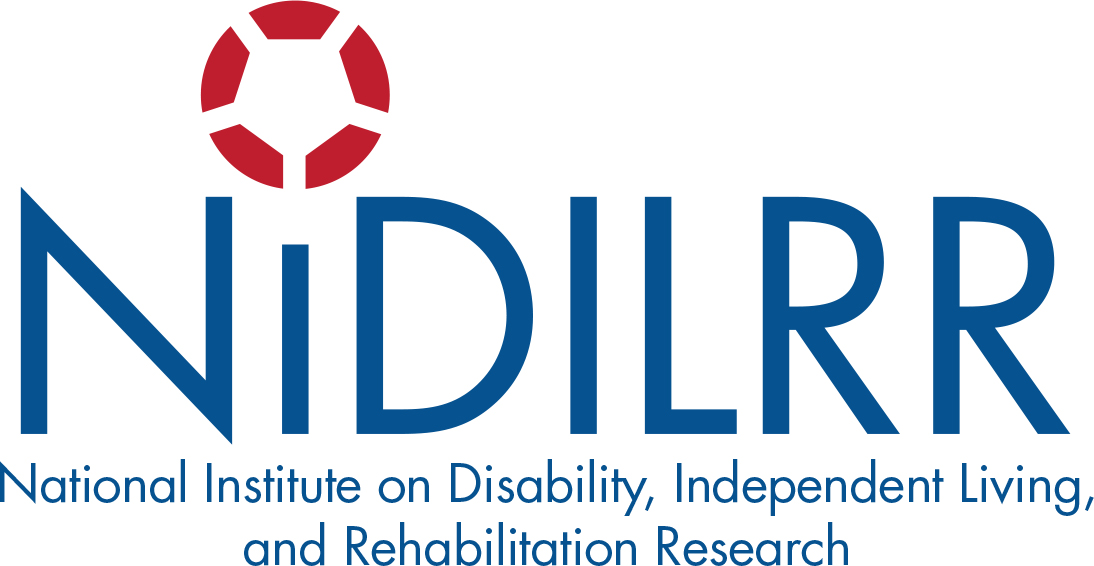Print-Friendly PDF | Large-Print PDF
Since 1990, the Americans with Disabilities Act (ADA)—one of America’s most comprehensive pieces of civil rights legislation—has been a tool used to protect the promise of equal opportunity by prohibiting discrimination against individuals with disabilities. We have made enormous strides in the breaking down of barriers for people with disabilities in communication, physical access to programs, and services in our communities.
But, as we celebrate over 30 years of the ADA, we continue to work with and rely upon our legislators to recognize the importance of the ADA for all Americans. Those who benefit from the ADA include students who are deaf and need accommodations for equal access to education, people who have multiple sclerosis who want equal opportunity to gainful and meaningful employment, and grandparents with age-related disabilities who need equal access to healthcare, along with those who love these individuals.
Why is the ADA important?
The 2010 US Census’ Americans with Disabilities report estimated that about 56.7 million Americans (19% of the population) have a disability. In addition, today, Americans face the growing challenge of a rapidly aging Baby Boomer population. This includes 76 million people over the age of 65, many of whom will acquire age-related disabilities.
How has the ADA improved the lives of people with disabilities?
The ADA works to make sure that each and every one of the millions of American with disabilities has equal opportunities in all aspects of life—employment, public accommodations, state and local government, transportation, and telecommunications.
.gif)
- Accessible Voting
- Department of Justice’s Project Civic Access
- Increased Employment for People with Disabilities
- Accessible Public Transportation
- Access to Healthcare
- Inclusive Public Accommodations
For more information about the Americans with Disabilities Act (ADA):
Northwest ADA Center
www.nwadacenter.org
Toll-Free: 800-949-4232
Voice/TTY: 425-248-2480
VP: 425-233-8913
Relay: 7-1-1
FAX: 425-774-9303
Email:
ADA National Network
www.adata.org
Toll-Free: 800-949-4232
US Department of Justice ADA Information Line
www.ada.gov
Voice: 800-514-0301
TTY: 800-514-0383
 The Northwest ADA Center is a member of the ADA National Network. This fact sheet was developed under grant from the Administration for Community Living (ACL), NIDILRR grant #90DP0016-02-00. However, the contents do not necessarily represent the policy of the ACL, and you should not assume endorsement by the federal government.
The Northwest ADA Center is a member of the ADA National Network. This fact sheet was developed under grant from the Administration for Community Living (ACL), NIDILRR grant #90DP0016-02-00. However, the contents do not necessarily represent the policy of the ACL, and you should not assume endorsement by the federal government.
